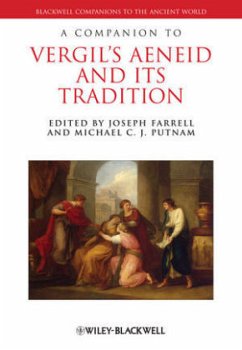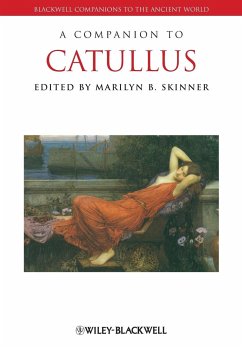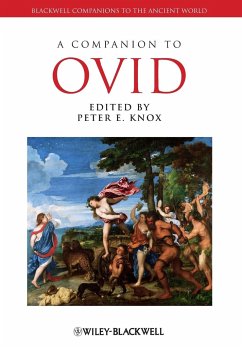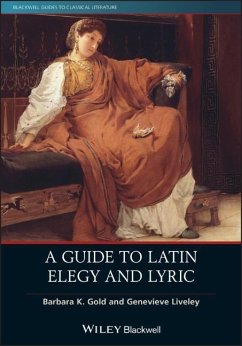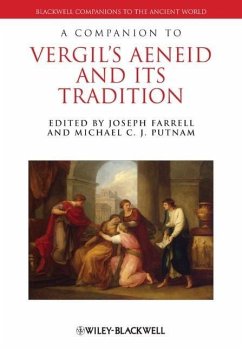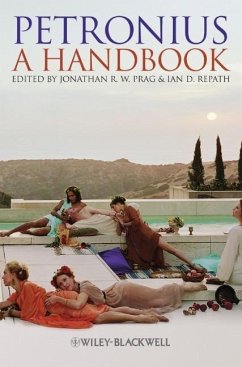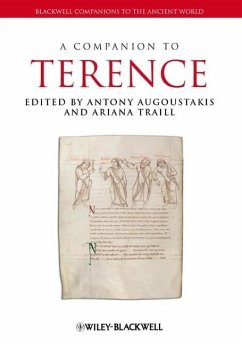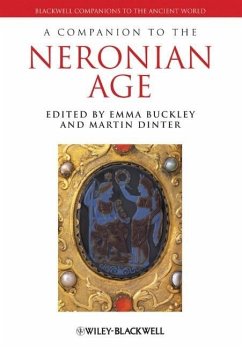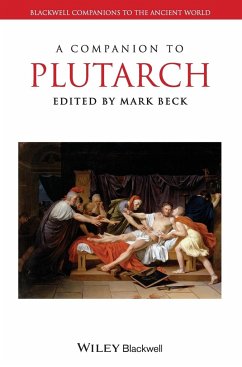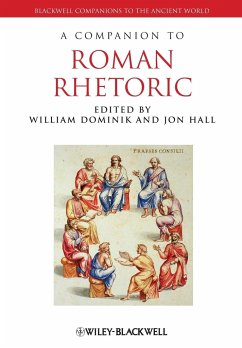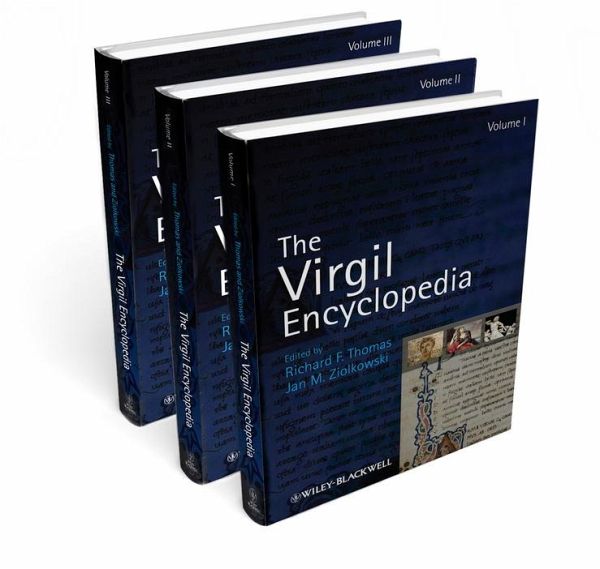
The Virgil Encyclopedia, 3 Volume Set
Versandkostenfrei!
Versandfertig in über 4 Wochen
586,99 €
inkl. MwSt.

PAYBACK Punkte
293 °P sammeln!
The Virgil Encyclopedia represents the first comprehensive reference volume to be published in English on Virgil, a poet whose works and thoughts have been at the center of Western literary, cultural, artistic, and pedagogical traditions for more than two millennia.Over 2,200 carefully researched entries provide an in-depth treatment of all aspects of Virgil's poetry, including the Greek and Roman literary traditions that inform his three great collections, the Eclogues, Georgics and Aeneid, and the reception of Virgil's oeuvre in literature, art, and music down through the ages.
Featuring over 2,200 entries, The Virgil Encyclopedia represents the first comprehensive reference volume to be published in English on Virgil, a poet whose works and thoughts have been at the center of Western literary, cultural, artistic, and pedagogical traditions for more than two millennia.
Fills a gap in scholarship by representing the first comprehensive and up-to-date Virgil Encyclopedia published in English
Offers readers a new accessibility not previously available on Virgil scholarship
Complements existing Virgil reference works by providing readers of all levels an approachable point of entry into further Virgil studies
Brings together over 350 contributors who are top scholars in various periods of literary and cultural studies
Explore a full list of entries, contributor information, and more about this work at www.wileyonlinelibrary.com/ref/virgil.
Fills a gap in scholarship by representing the first comprehensive and up-to-date Virgil Encyclopedia published in English
Offers readers a new accessibility not previously available on Virgil scholarship
Complements existing Virgil reference works by providing readers of all levels an approachable point of entry into further Virgil studies
Brings together over 350 contributors who are top scholars in various periods of literary and cultural studies
Explore a full list of entries, contributor information, and more about this work at www.wileyonlinelibrary.com/ref/virgil.



